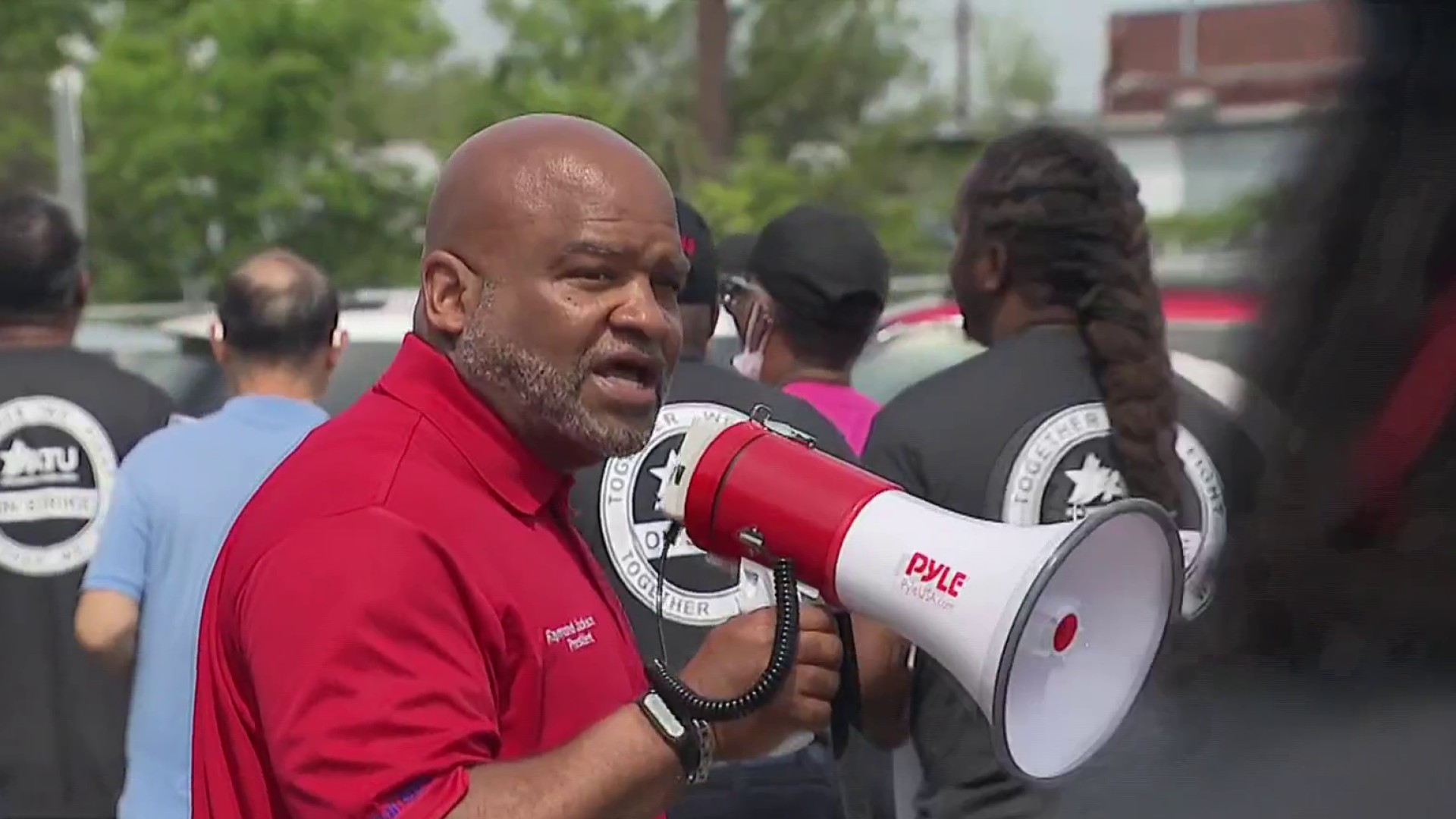You’re sitting at a red light. There’s no traffic headed in the other direction. But the light isn’t changing.
Technology coming to the D.C. area may help.
Alexandria, Virginia, will begin installing smart traffic signals that talk to each other about when to change the lights so drivers can get moving. It’s called adaptive traffic signal technology, and it’s being considered in other parts of the DMV too.
How smart traffic lights work
We've got the news you need to know to start your day. Sign up for the First & 4Most morning newsletter — delivered to your inbox daily. Sign up here.
Alexandria transportation engineer Ryan Knight helped explain how adaptive traffic signals work.
“If there’s a platoon of vehicles coming from the intersection across the way, then [the signals] say, ‘Hey, we’ve got a platoon of vehicles coming your way. Just make a minor adjustment,'" he said.

- Sensors in the ground communicate with the traffic signals to constantly retime the signals based on road conditions.
- If more cars are coming in one direction, the direction with heavier traffic flow will get more time with a green light.
- The signals will retime themselves about every three to five minutes, to perform at the optimal level.
The usual way to retime traffic lights is to collect and analyze traffic count data. Using that method, it can take months or even years before drivers see a change.
Transportation
Reporter Adam Tuss and the News4 team are covering you down on the roads and in transit.
The smart signals are estimated to save drivers about 10% of travel time. So, that’s one minute saved for every 10 minutes driving. That’s an improvement many DMV drivers will gladly accept.
News4 sends breaking news stories by email. Go here to sign up to get breaking news alerts in your inbox.
Alexandria’s project will start this year on the Duke Street corridor and Van Dorn Street corridor and last through 2026.
While Alexandria is leading the way with the use of smart traffic signal technology, transit officials in most other local jurisdictions are studying similar programs.



